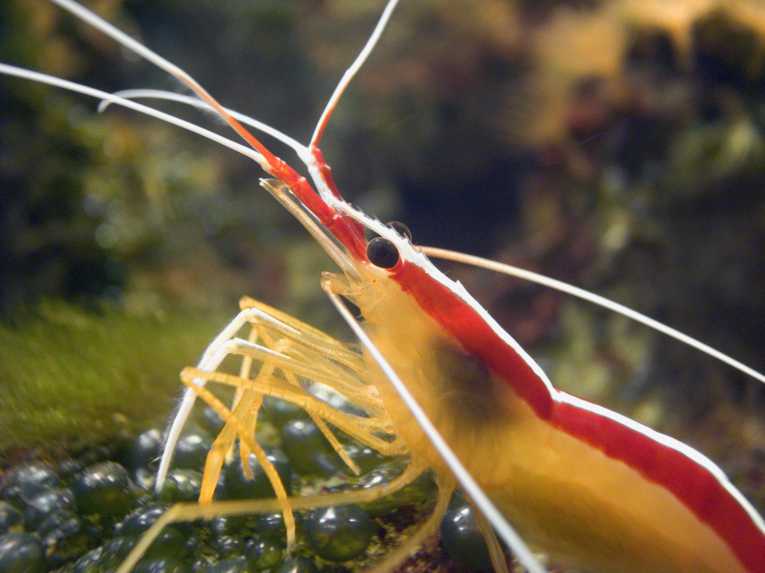Scientists believe they have proved that marine invertebrates migrate over time, vertically.
A team at University of Southampton's School of Ocean and Earth Sciences (SOES) used the aptly-named variable shrimp to test there hypothesis that as deep sea creatures were killed off by climate change their places were taken by their neighbours in the shallow water.
Dr Sven Thatje of SOES explained: ''Many deep-sea species have close relatives living in shallow, relatively warm water, but how shallow-water species were initially able to cope with the huge hydrostatic pressures of the deep ocean is poorly understood.''
As well as dealing with enormous pressures, deep sea creatures must learn to live with much colder temperatures than are found in the sun-warmed shallows.
Thatje and his team chose the variable shrimp, a Western European native which lives in shallow, salty waters, often surviving low oxygen levels. The shrimp has many close relatives who live in the deepest depths of the oceans, the so-called black smokers who cluster around hydrothermal vents.
The team tested the shrimp's reaction to a variety of conditions in the laboratory and found that the shallow water shrimps were just as able to live in the harshest of ocean environments as their deep sea cousins.










